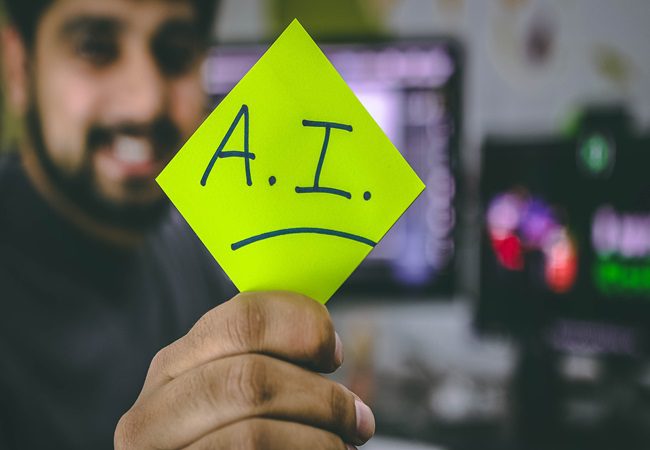Introduction:
In the ever-evolving landscape of healthcare, Artificial Intelligence (AI) stands out as a transformative force, revolutionizing the way medical diagnoses are made. This groundbreaking technology is not just a buzzword but a practical solution that holds the potential to reshape the future of healthcare. In this article, we’ll delve into how AI is making waves in medical diagnosis, offering unprecedented precision, efficiency, and advancements in patient care.
The Current State of Medical Diagnosis:
Traditional methods of medical diagnosis have long relied on the expertise of healthcare professionals, often involving time-consuming processes and manual analysis of extensive datasets. However, the advent of AI has introduced a paradigm shift, providing healthcare professionals with powerful tools to enhance diagnostic accuracy and streamline decision-making.
AI-Powered Imaging and Diagnostics:
One of the most prominent applications of AI in healthcare is in medical imaging and diagnostics. Radiology, pathology, and other imaging-based specialties have seen a significant transformation through the integration of AI algorithms. These algorithms can analyze complex medical images, such as MRIs and CT scans, with a level of accuracy that rivals, and in some cases, surpasses human capabilities.
The Shortcomings of Traditional Methods:
While human expertise remains invaluable, traditional diagnostic methods are not without their limitations. Manual interpretation of medical images can be subjective, leading to variations in diagnoses. Moreover, the increasing volume of medical data poses challenges for healthcare professionals to process and analyze efficiently. AI addresses these shortcomings by providing a standardized, objective approach to medical diagnostics.
Enhancing Speed and Accuracy:
AI algorithms excel in processing vast datasets at unprecedented speeds. This translates into quicker diagnosis and treatment planning, particularly in time-sensitive medical conditions. By leveraging machine learning, AI systems continuously improve their accuracy, learning from each diagnosis and refining their algorithms over time. This iterative learning process contributes to a constant enhancement of diagnostic capabilities.
Streamlining Workflow for Healthcare Professionals:
Incorporating AI into medical diagnosis not only improves accuracy but also streamlines the workflow for healthcare professionals. Automated analysis of routine medical images allows physicians to focus more on patient care and complex cases, reducing the burden of repetitive tasks. This not only enhances overall efficiency but also contributes to better patient outcomes.
Case Studies:
Real-world Impact of AI in Medical Diagnosis:
Numerous real-world examples underscore the transformative impact of AI in medical diagnosis. In dermatology, AI-powered systems can analyze skin lesions and detect potential signs of skin cancer with a level of accuracy comparable to dermatologists. In cardiology, AI algorithms analyze electrocardiograms (ECGs) to identify subtle patterns indicative of heart conditions. These examples highlight the diverse applications of AI across medical specialties.
Challenges and Ethical Considerations:
Despite the immense potential, the integration of AI in medical diagnosis comes with challenges and ethical considerations. Issues such as data privacy, algorithm bias, and the need for robust regulatory frameworks require careful attention. Striking a balance between innovation and ethical considerations is crucial to ensure the responsible deployment of AI technologies in healthcare.
The Future of AI in Medical Diagnosis:
Looking ahead, the future of AI in medical diagnosis appears promising. Continued advancements in machine learning, deep learning, and natural language processing will further enhance AI’s capabilities. Integrating AI into electronic health records (EHRs) will create a holistic approach to patient care, providing healthcare professionals with comprehensive insights for personalized treatment plans.
Conclusion:
AI is not merely a technological trend; it is a transformative force reshaping the landscape of medical diagnosis in healthcare. From improving accuracy and speed in diagnostics to streamlining workflows for healthcare professionals, the impact of AI is profound. While challenges and ethical considerations persist, the potential benefits for patient care are undeniable. As AI continues to evolve, it will play an increasingly pivotal role in transforming the future of medical diagnosis, ultimately leading to more efficient, precise, and patient-centric healthcare practices.

































